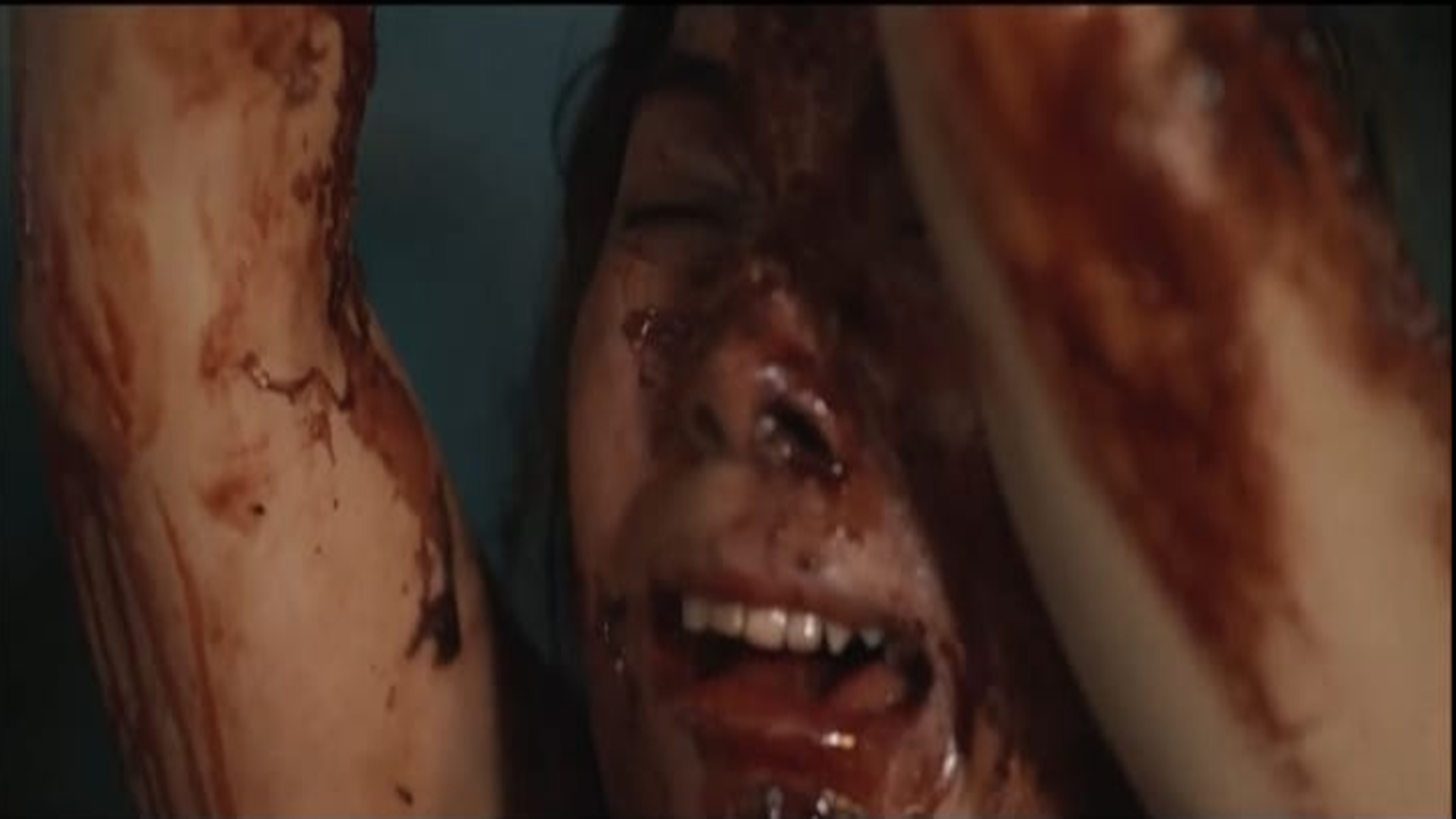Naturalism as an art movement became popular in the 19th century Europe especially with the emergence of philosophical and scientific thoughts of erudite Charles Darwin in his treatise “Origin of the Species” which proposed that the beginning of man is traced as well to apes and of the intellectual discussion of economist, artist and philosopher Karl Marx of the social and political superstructures of society and the working class as bases of historical materialism etc.
The school of thought has spread and influenced a worldwide phenomenon including the Philippines in the succeeding decades and years not only in literature and other allied arts but also in the infant local film art and industry at the turn of the 20th century.
Naturalism, no matter how it is applied, has flourished in the employ of form and content in Philippine cinema from film pioneers Jose Nepomuceno, Vicente Salumbides etc. to post-war directors Lamberto Avellana, Lino Brocka, Lav Diaz etc.
Daniel Palacio, a veteran of two films, “Pailalim” and “The Brokers” with his currently Vivamax streaming project “Kaliwaan” and his forthcoming political drama “Kandidato” has been approximating naturalism in his directorial works particularly in “Kaliwaan.”
Palacio might have combined naturalism and realism (considered as an extension of naturalism) in his film or drawn in permutated traits of the two isms but still the prevailing style and treatment of the contents are naturalistic.
Naturalism primarily deals and tackles heredity and environment as determinants of the formation of a human being; the natural tendencies of man like instincts, motives, reflexes etc. as an animal in the highest form; the ugly realities of life aesthetically structured and beautified naturalistically etc.
These are all evident in Palacio’s “Kaliwaan” from beginning to end.
In the opening scenes, we see actress Cataleya Surio being brutally punished and tortured as a perceived nemesis of a bigtime lawless syndicate by a cop who moonlights as a hatchet man for an unscrupulous politician.
In the ensuing scenes, however, more violent, intense and nerve-wracking conflicts, personal and otherwise, are exposed, delineated and resolved.
Monica (AJ Raval), a spa masseuse in Bauan, Batangas province is forced to sex and later gave in to a Muslim client Raji (Juami Gutierrez), an act personally witnessed by her fiancé Boogie Alcantara, a young security guard who stoned and fatally smashed his rival’s face.
This interlude ushers in the naturalist behaviors of men in the nucleus of the narrative practically the survival instinct in their savage society where each one of the characters seek to reign supreme or to go on living however in the sphere of the subordinate class or dying in the hands of the enemies, the rulers or the protectors.
Family feud between Raji’s Islamic brotherhood (bound by religious-cultural beliefs of revenge against perceived oppressors who inflict harm on members of their family) and Boogie’s Catholic kinship (of filial tolerance if not pampering of his kin particularly by a cop to the point of breaking the law) is best simplified in Raji’s male sibling and his minions who plot out terror and physical injuries against Boogie, his fiancée and his family—and the opposing force, the Alcantaras spearheaded by Marlon, Boogie’s corrupt local police-uncle who poses intimidation and coercion aided by a lackey against Raji’s family and those who stand in his way.
Raji’s cohorts pick up Boogie and literally mutilates him to death while Marlon orders murder of Boogie’s girlfriend who belatedly retracts his implication in the crime.
In retaliation, Marlon massacres the whole Raji’s clan to reign supreme in the name of filial love.
